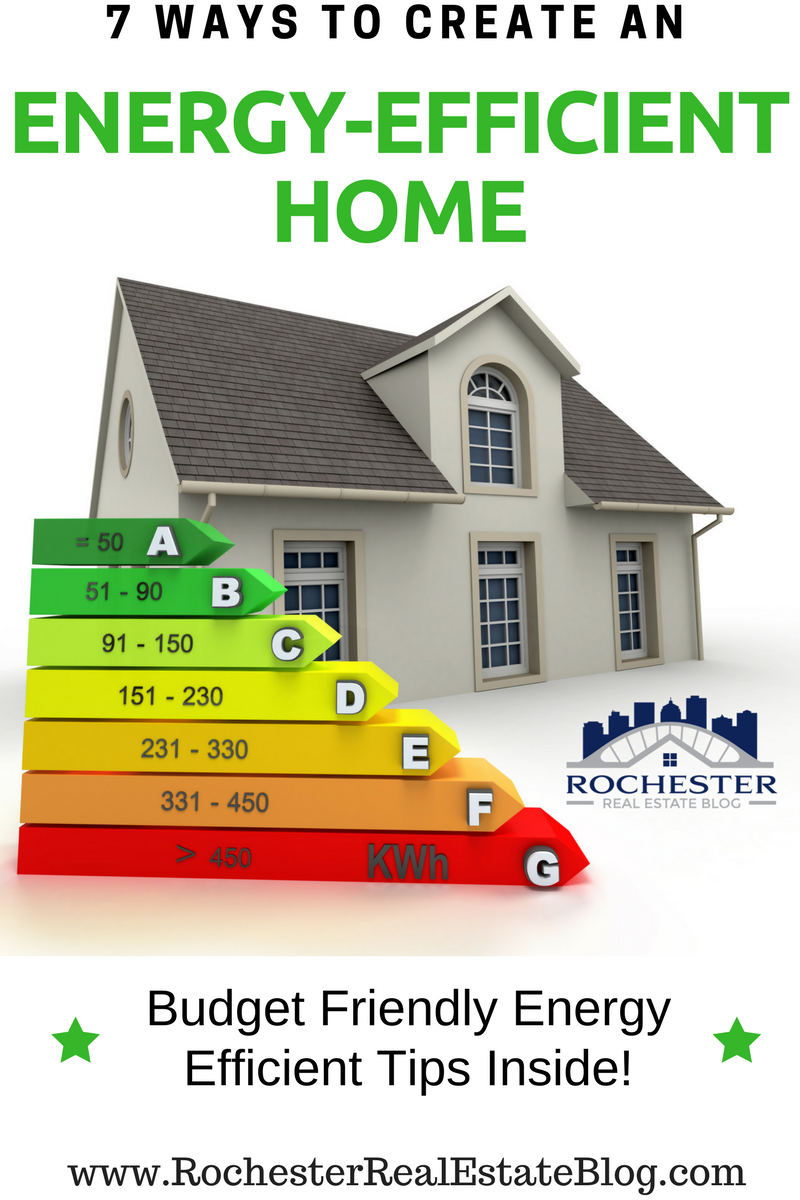JuJu News Hub
Your go-to source for the latest trends and insightful articles.
Energy-Efficient Homes: The Trendy Way to Go Green
Discover how energy-efficient homes are revolutionizing green living. Join the trend and save money while saving the planet!
10 Essential Features of Energy-Efficient Homes You Must Consider
When planning for an energy-efficient home, it's crucial to prioritize features that enhance sustainability and reduce energy consumption. Here are 10 essential features you must consider:
- High-Quality Insulation: Proper insulation minimizes heat transfer, keeping your home warm in the winter and cool in the summer.
- Energy-Efficient Windows: Double or triple-glazed windows reduce heat loss significantly.
- High-Efficiency HVAC Systems: A modern heating, ventilation, and air conditioning system can significantly lower energy bills.
- Solar Panels: Harnessing solar energy reduces reliance on nonrenewable resources and can lead to substantial savings.
- Smart Home Technology: Smart thermostats and energy monitoring systems help manage energy use effectively.
Continuing with the essential features, the following aspects also play a crucial role in enhancing the energy efficiency of your home:
- Energy Star Appliances: These appliances are designed to use less energy, contributing to overall efficiency.
- Water-Efficient Fixtures: Low-flow faucets and showerheads can reduce water usage without sacrificing performance.
- Green Roofing: Green roofs provide insulation while managing stormwater and reducing urban heat.
- Orientation and Design: The layout of your home can maximize natural light and heat, thereby reducing dependency on artificial lighting and heating.
- Recycled and Sustainable Materials: Using eco-friendly materials reduces environmental impact and enhances the durability of your home.

How Energy-Efficient Homes Save You Money and the Environment
Energy-efficient homes are becoming increasingly popular, and for good reason. Not only do they contribute significantly to environmental sustainability, but they also offer substantial savings on energy bills. By incorporating features like high-performance insulation, energy-efficient windows, and smart home technology, homeowners can drastically reduce their energy consumption. This translates into lower monthly utility expenses, allowing for reallocation of those funds towards other financial goals or investments. In fact, estimates suggest that energy-efficient homes can save homeowners anywhere from 20% to 50% on energy costs annually.
Moreover, building and maintaining an energy-efficient home has long-term benefits for both the environment and homeowners. Reduced energy consumption leads to decreased greenhouse gas emissions, effectively lessening the carbon footprint of each household. Additionally, many energy-efficient upgrades may qualify for tax credits or incentives, further enhancing their financial appeal. Adopting sustainable practices not only fosters environmental preservation but also increases the resale value of the property, making it an intelligent and responsible investment for the future.
What Makes a Home Energy Efficient? A Comprehensive Guide
When considering what makes a home energy efficient, it is essential to recognize the key components that contribute to overall energy savings. One crucial factor is the quality of insulation in the walls, roofs, and floors, which helps maintain a stable indoor temperature by minimizing heat transfer. Windows also play a significant role; opting for double or triple-pane glass can significantly reduce energy loss. Additionally, using energy-efficient appliances and lighting, such as those rated by Energy Star, helps to reduce electricity consumption by up to 50%.
Another aspect to consider is the heating, ventilation, and air conditioning (HVAC) system. A well-maintained, energy-efficient HVAC system can greatly reduce utility bills. Regular servicing, combined with programmable thermostats, can optimize energy use. Furthermore, implementing renewable energy sources, like solar panels, can enhance home energy efficiency while reducing reliance on non-renewable resources. By combining these elements, homeowners can not only save money but also contribute to a more sustainable future.